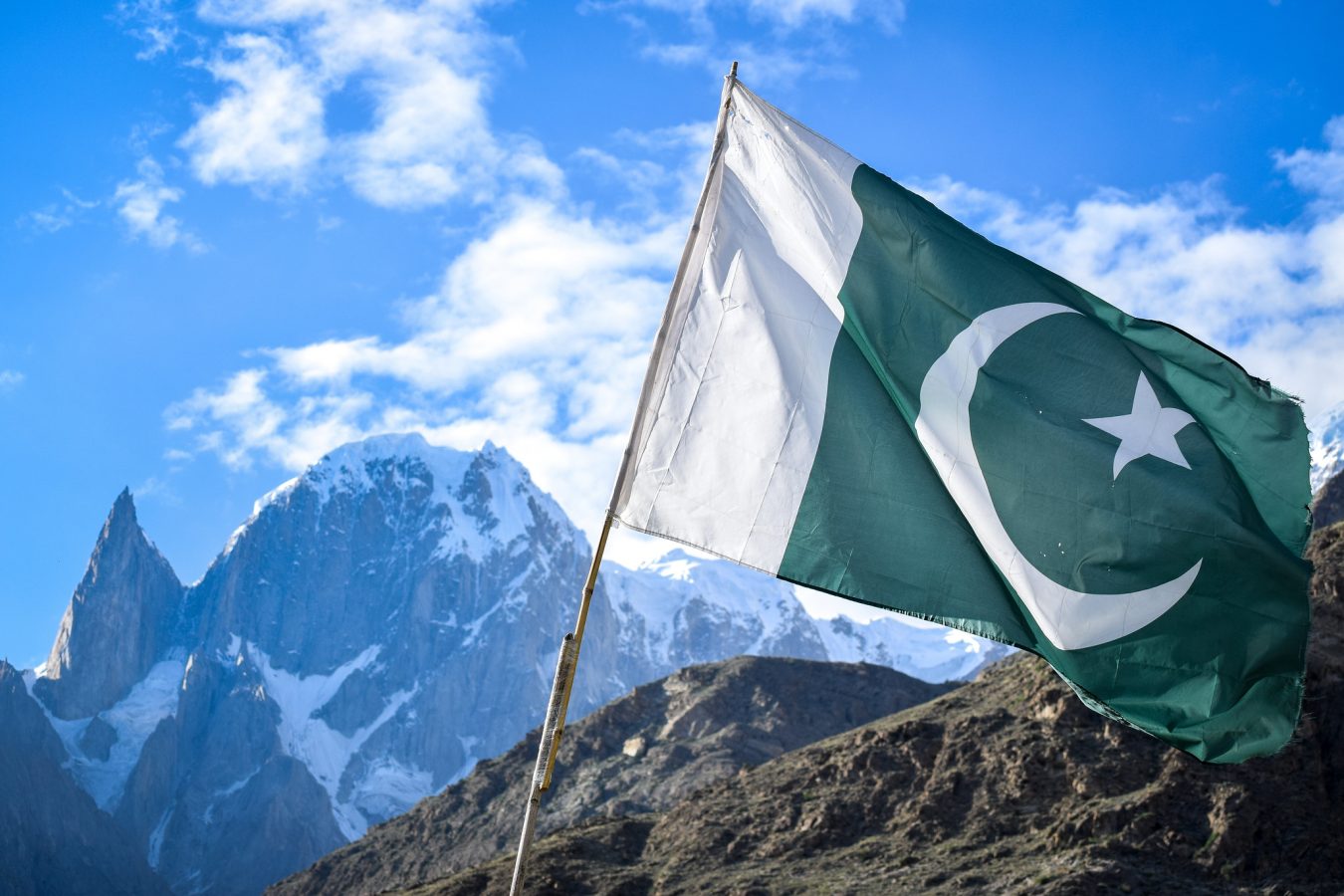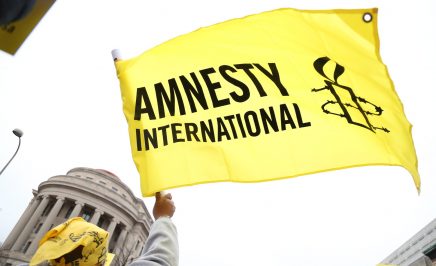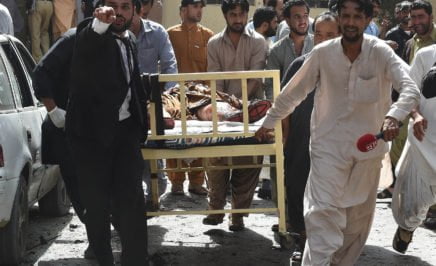Responding to reports that an eight-year-old Hindu boy in Bhong village in Rahim Yar Khan, Punjab has been charged with blasphemy – which can carry a mandatory death penalty – after he was alleged to have urinated in the library of a madrasa (religious school) where religious texts were kept, prompting a mob attack on a local Hindu temple, Rimmel Mohydin, Amnesty International’s South Asia Campaigner, said:
“Pakistan’s blasphemy laws have long been abused to target minority groups, but this case marks a shocking and extreme departure. As well as ensuring that these ludicrous charges are dropped, Pakistan’s authorities must immediately provide adequate protection for the boy, his family, and the wider Hindu community. Those responsible for the ensuing mob violence must also be held accountable.
“In the week that marks National Minorities Day in Pakistan, we urge the authorities to urgently repeal this pernicious legislation. Pakistan’s minorities are under sustained attack – little can demonstrate the persecution they face better than an eight-year-old boy being subject to a charge that can carry a mandatory death sentence.”
According to reports, the boy is currently in protective custody after being released on bail last week, while his family have gone into hiding. Following his release, a local Hindu temple was attacked by a mob, causing members of the Hindu community to flee their homes. Twenty people have so far been arrested in connection with the attacks, and the National Assembly unanimously passed a resolution condemning the attack on the temple. This must lead to meaningful accountability and action.
Background
Section 295C of Pakistan’s Penal Code (see page 18 of linked document) carries a mandatory death sentence for blasphemy, though it is not clear under which specific clause the boy has been charged.
Pakistan’s blasphemy laws are overbroad, vague and coercive, enable abuse and violate Pakistan’s international legal obligations to respect and protect human rights, including freedom of religion or belief and of opinion and expression. See here for further information.
Hindus constitute Pakistan’s largest non-Muslim minority, estimated at between two and four per cent of the population. In December 2020, another Hindu temple was set alight in Khyber-Pakhtunkhwa, following authorities halting the construction of a Hindu temple and community centre in the federal capital earlier that year.




